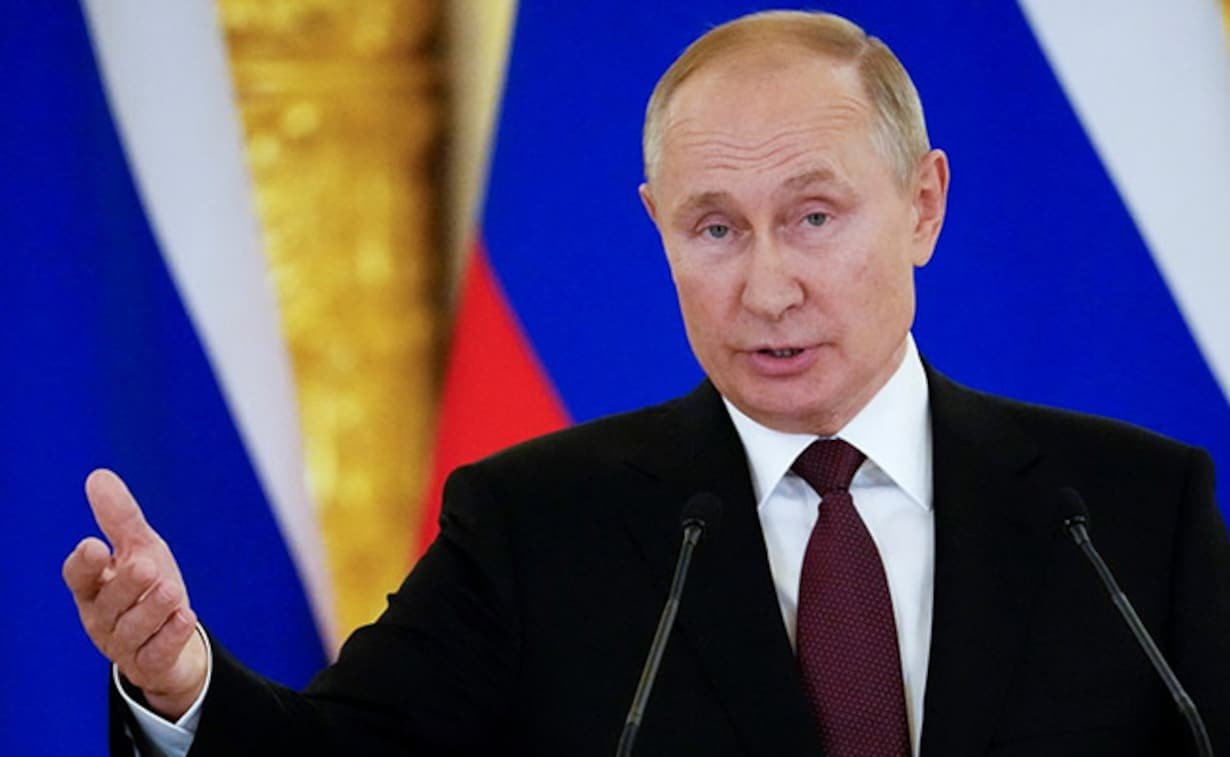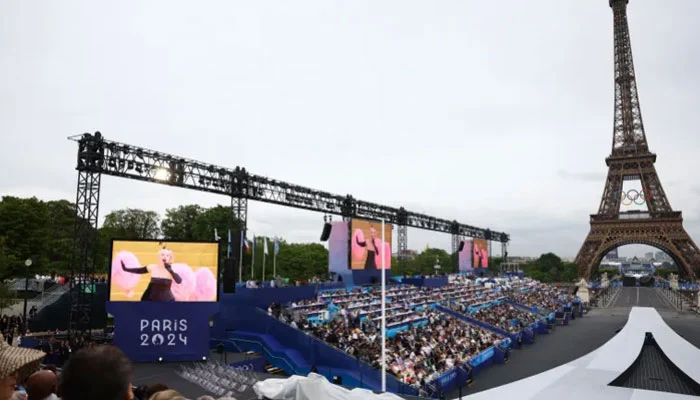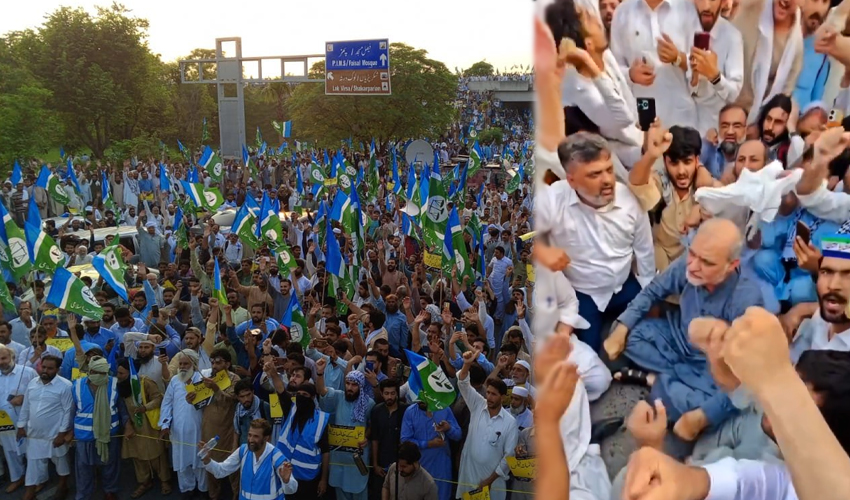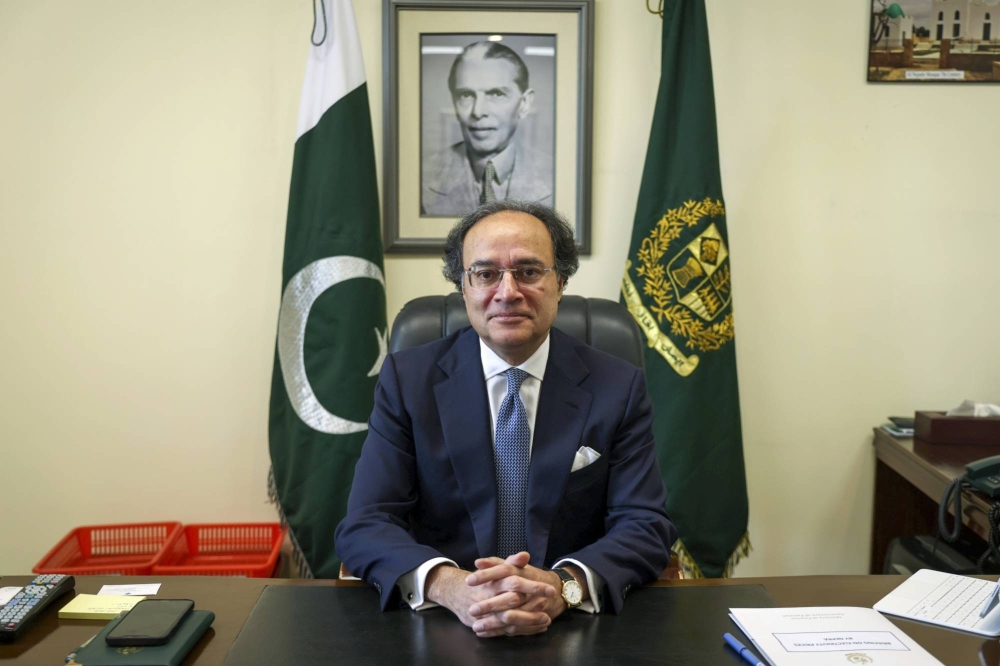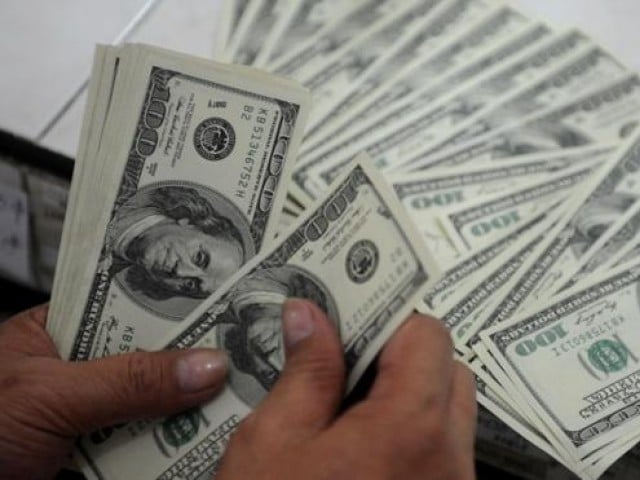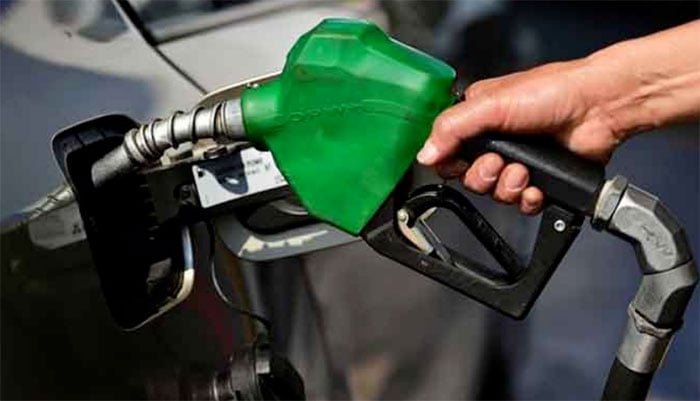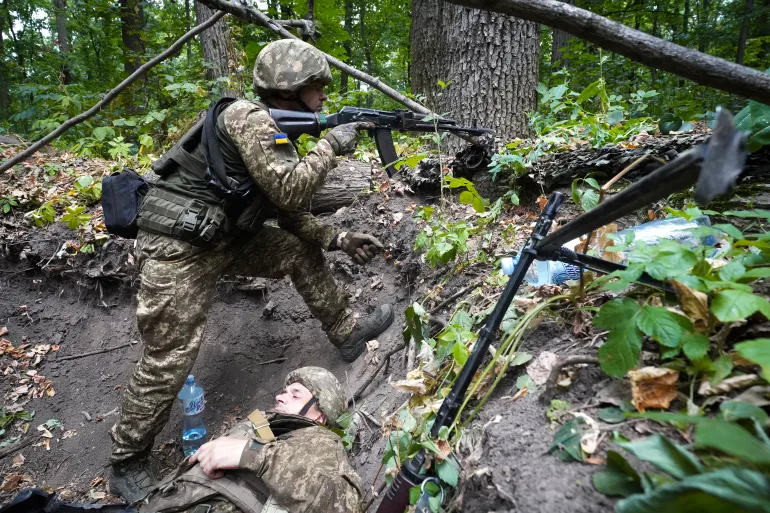Russian President Vladimir Putin has made significant changes to the country’s government, signing a decree on Tuesday to appoint a new cabinet and replace the defense minister with a former deputy prime minister who lacks a military background but brings expertise in economics.
The reshuffle comes in the wake of Putin’s inauguration for a new six-year term on May 7, during which the government tendered its resignation as per Russian law. Just three days later, Putin reinstated Mikhail Mishustin as prime minister, a move that was swiftly and unanimously endorsed by the lower house of parliament, demonstrating the stability and efficiency of the Russian political system.
In further developments, Putin recently issued a decree reassigning Sergei Shoigu from his role as defence minister to the head of the national security council while nominating deputy prime minister Andrei Belousov to assume Shoigu’s former position.
Additionally, Putin proposed the reappointment of certain Cabinet members and received nominations from Prime Minister Mishustin for several new ministers. These nominations, a result of careful consideration and consultation, were all approved by parliament, showcasing the democratic process in action.
Shoigu has long been regarded as a pivotal figure in Putin’s decision to deploy Russian troops into Ukraine. However, the operation did not proceed as anticipated, as Ukraine mounted a robust defence, inflicting significant setbacks on the Russian army, including their retreat from an attempted capture of the capital, Kyiv, and a counteroffensive that expelled Moscow’s forces from the Kharkiv region.
Moreover, Shoigu’s tenure has been marred by the recent arrest of deputy defence minister Timur Ivanov on charges of accepting substantial bribes.
While Putin’s decree largely maintains the former Cabinet, it introduces new energy, sports, transport, industry, and agriculture ministers.



































